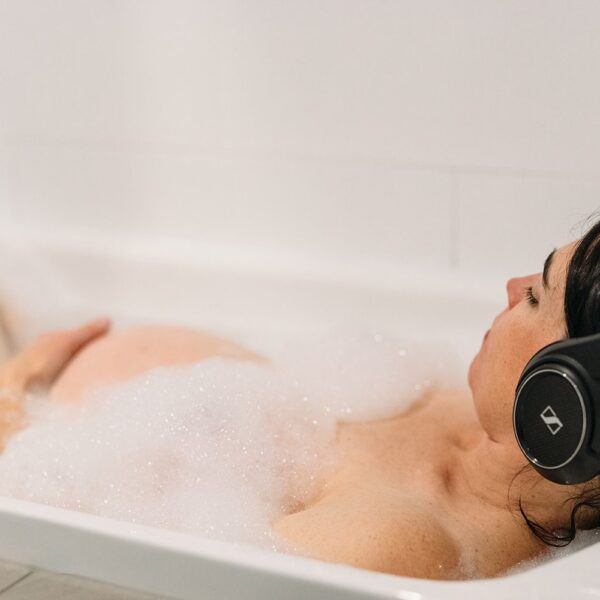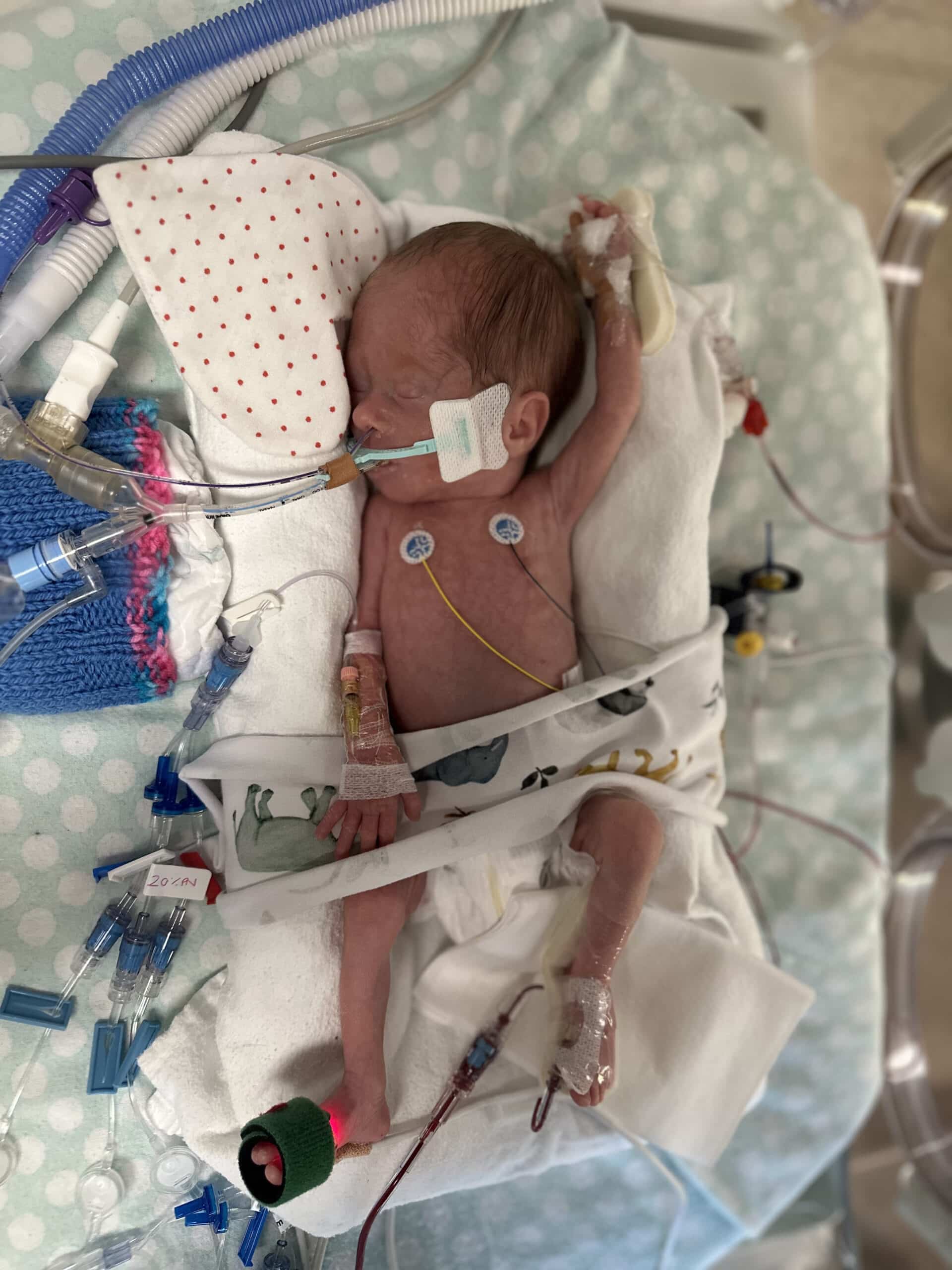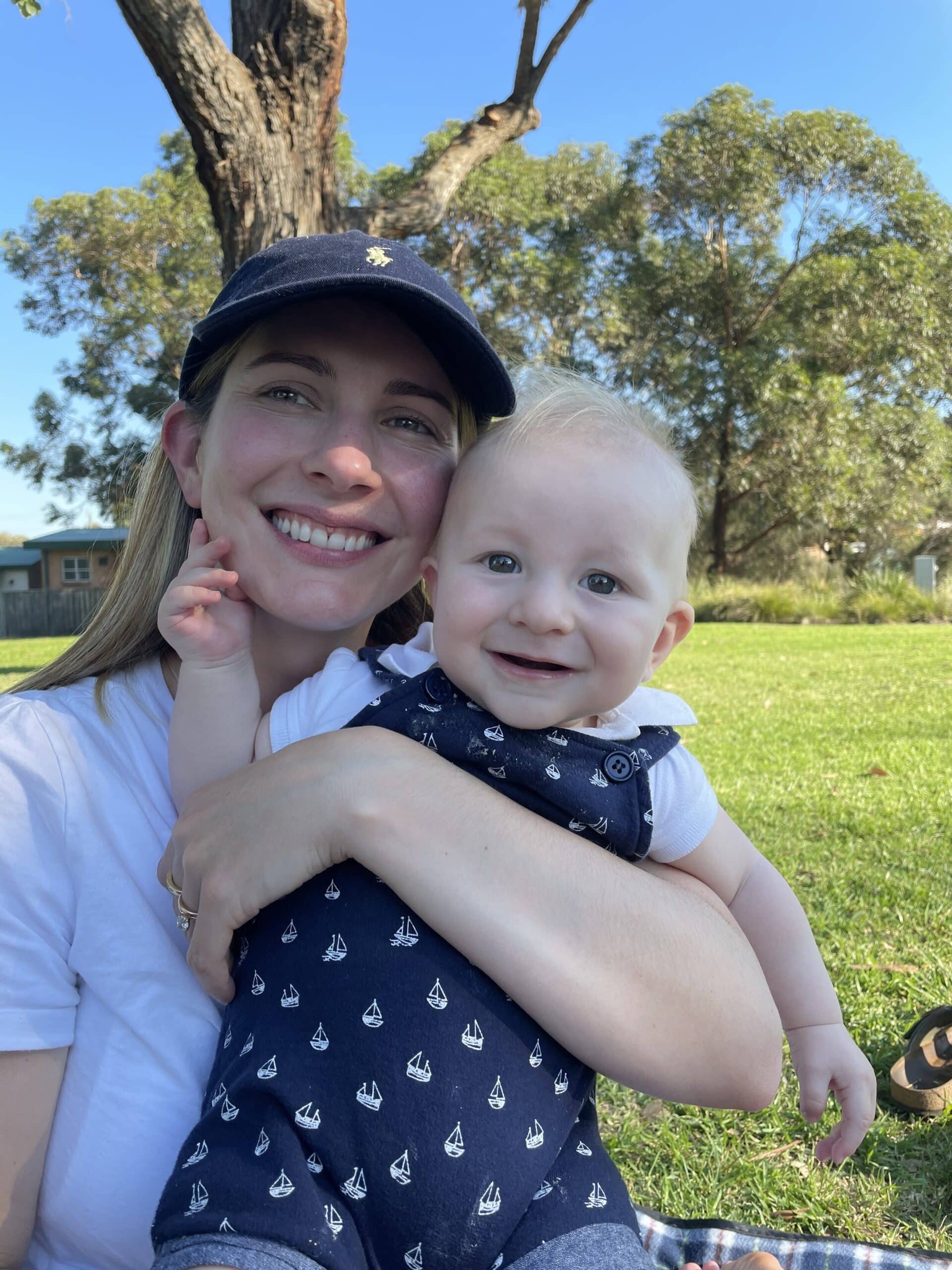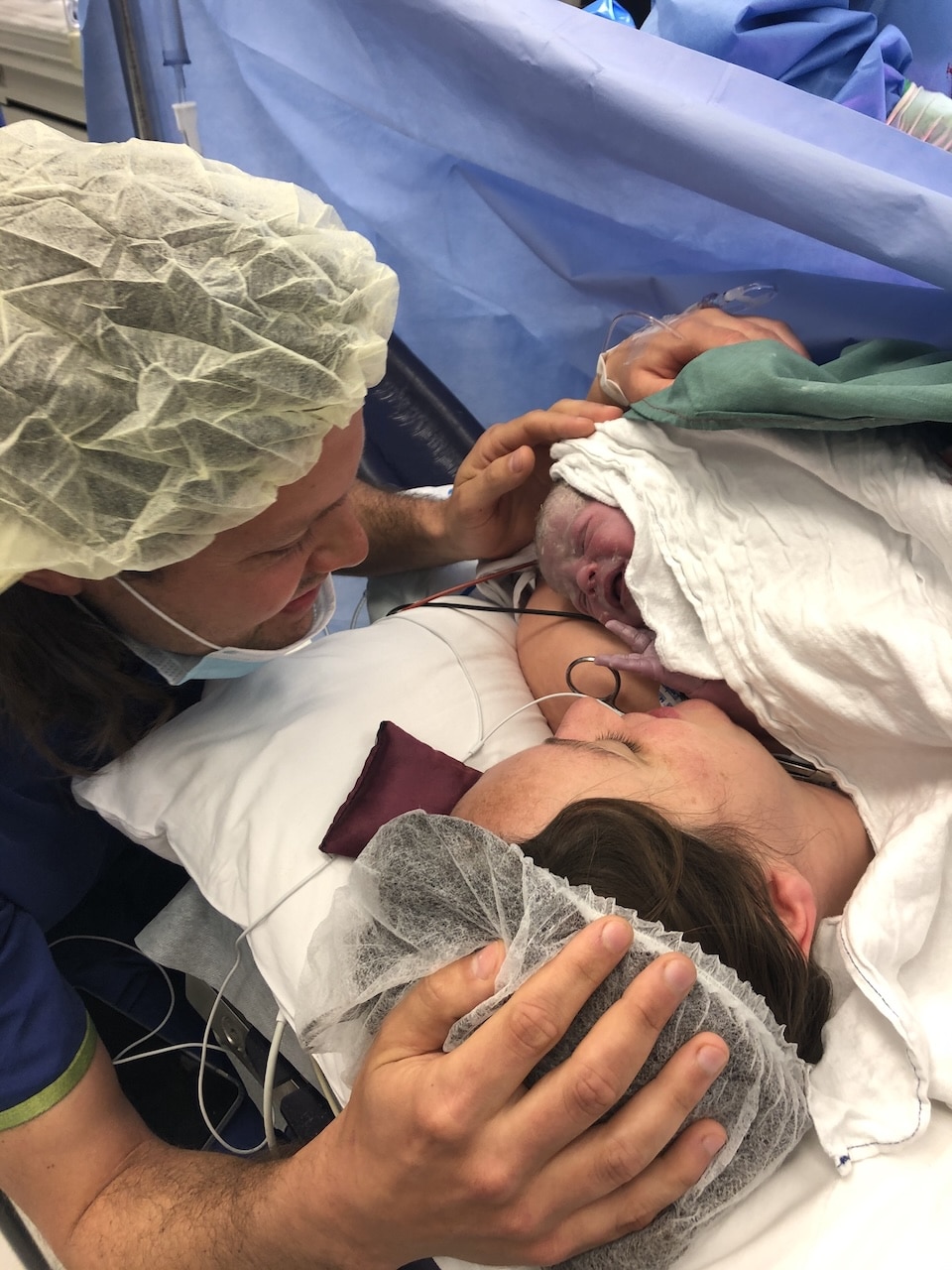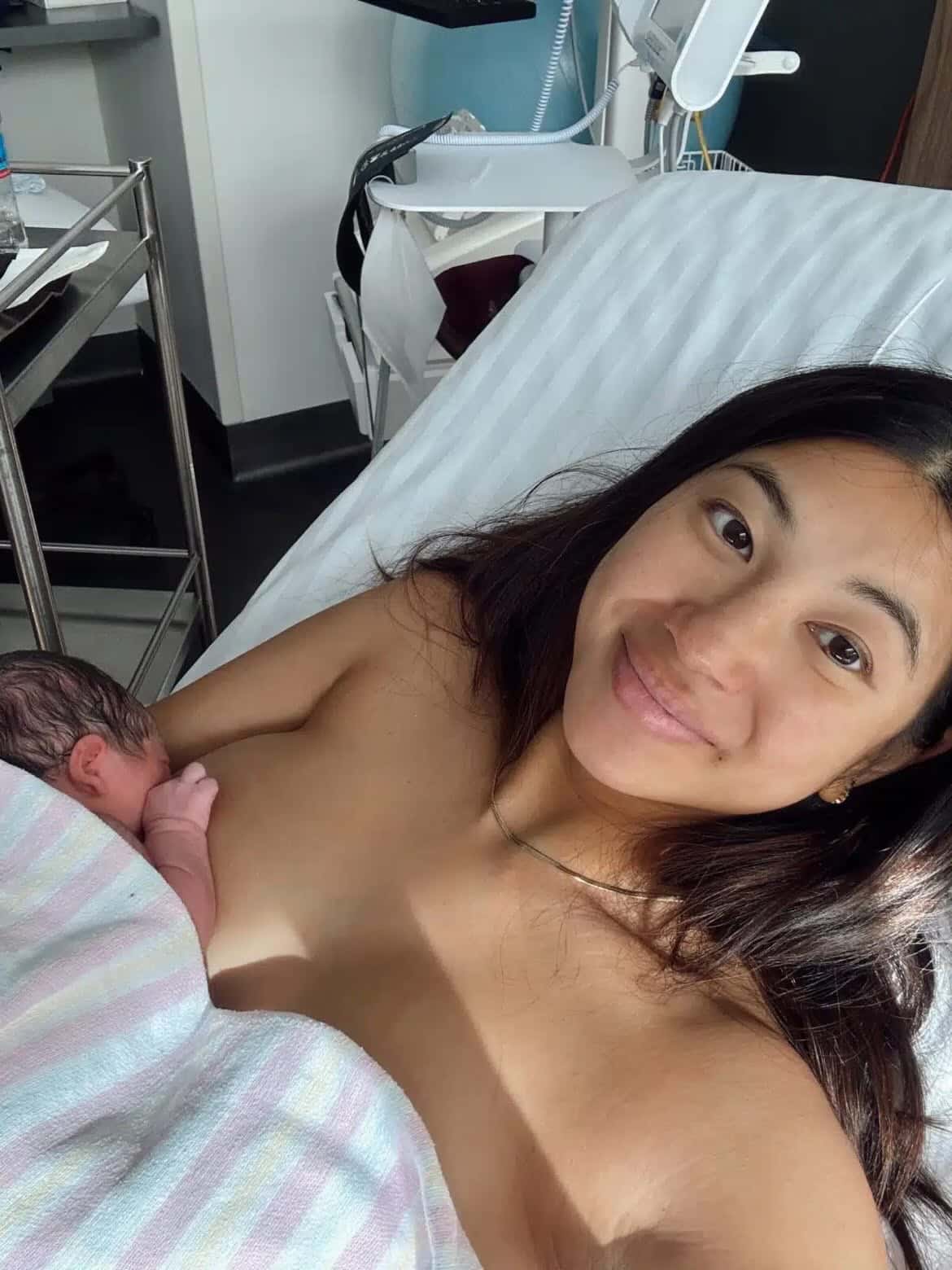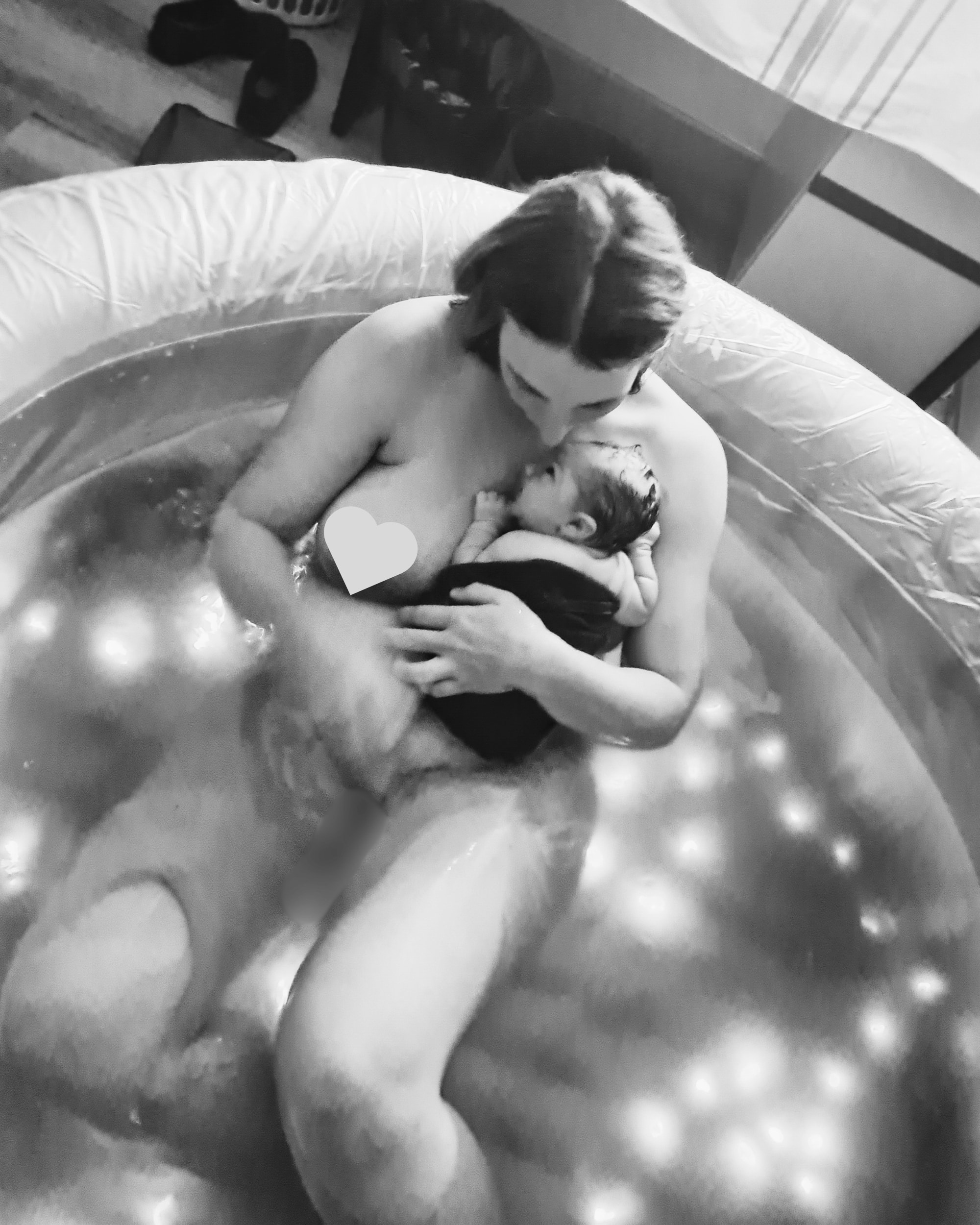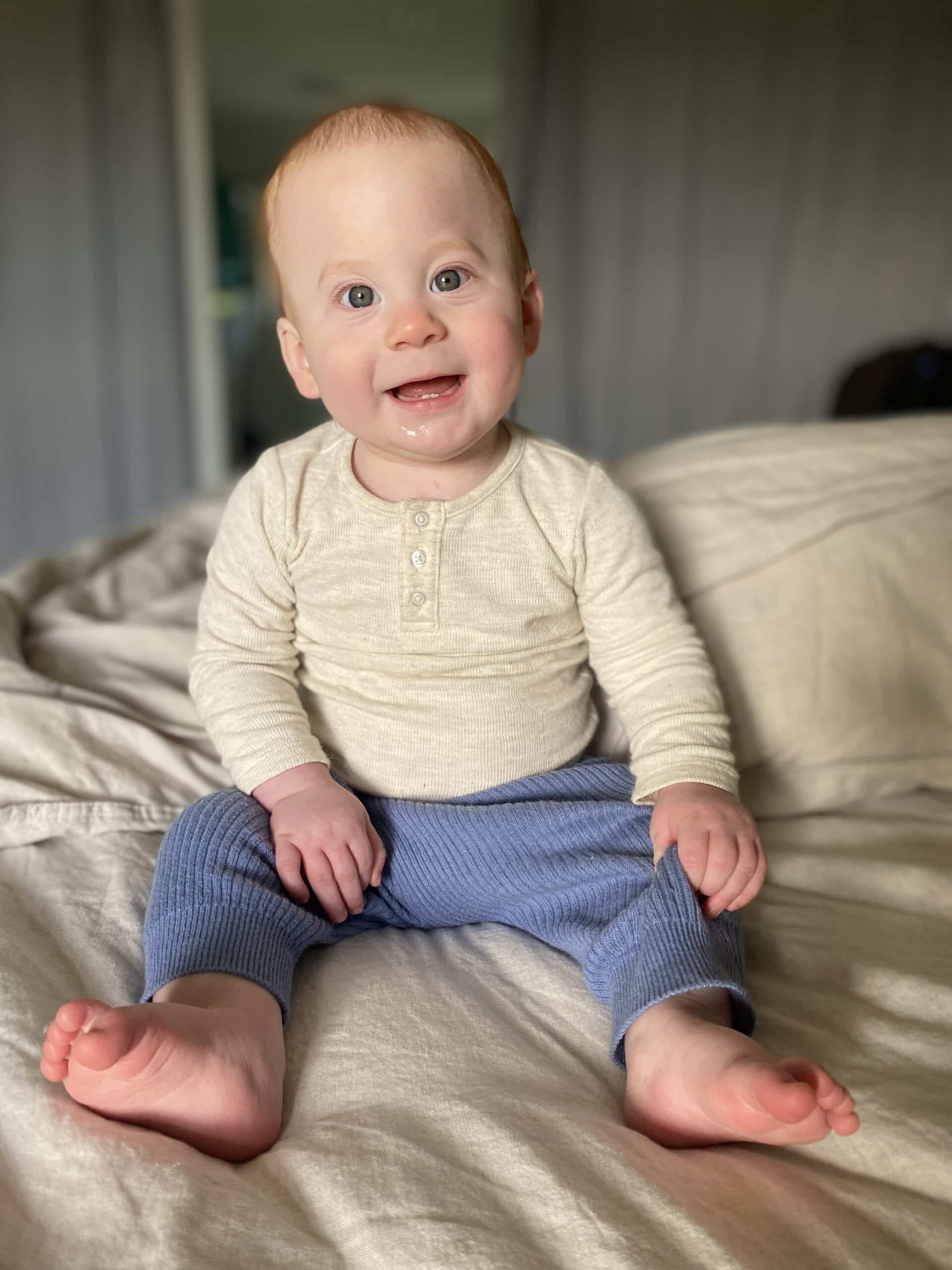Podcasts Julia Busuttil Nishimura
EPISODE 190
Julia Busuttil Nishimura
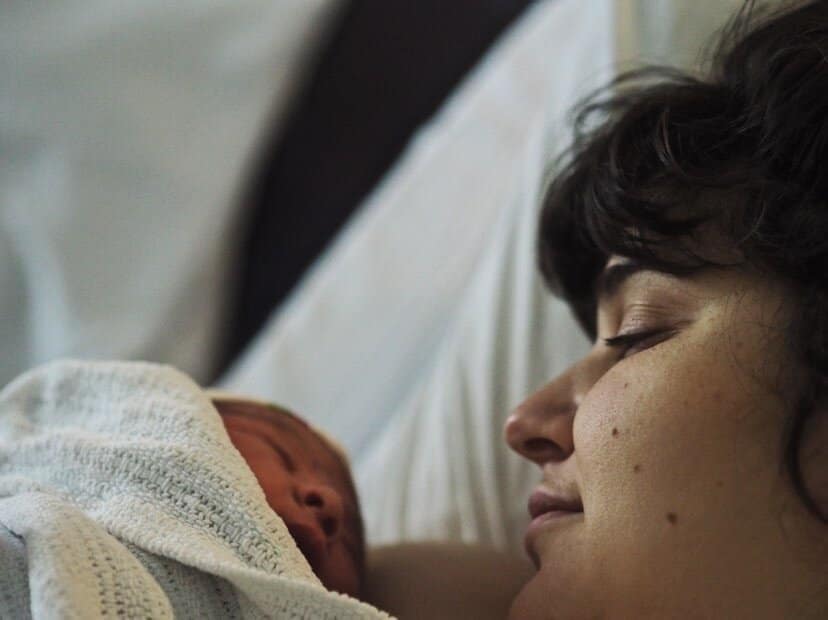
Julia and her husband, Nori, had been married for a year when they fell pregnant with Haruki. Julia was 26 and the first of her friends to have a baby. However, a few of them were midwives so she sought their advice and decided to opt for shared care with a private midwife.
Her birth preparation included natural birth classes with her midwife as well as lots of reading and watching birth videos. She felt settled and prepared as she ventured towards her due date yet she was taken by complete surprise when her waters broke at 38 weeks. “Nori is a chef and he’d just come home from work. I was standing in the bathroom and they broke and I was just in shock. I had tested positive for Group B Strep so we headed straight to the hospital.”
The birthing suite was full at the Royal Women’s so Julia and Nori spent an uncomfortable night in emergency before heading home for a shower and rest. Julia laboured with the support of her midwife and went back to hospital at 6pm to start the induction process.
“I was ready, I think. I was excited and had a good plan for the birth, and continuity of care was vital to how I felt, knowing I had that support really calmed me. I was induced with the syntocin drip and while I tried the gas and air I couldn’t quite get the hang of it. I was up and about quite a bit, my midwife encouraged me into different positions so I stayed active but towards the end I just needed to be on the bed; I was so exhausted. I started doing involuntary pushes and Haruki was born in three minutes. The midwife almost didn’t catch him, he just flew out.”
Julia left hospital on the same day she had Haruki and despite his ability to latch, she had difficulty feeding him due to insufficient glandular tissue and low supply. By day three he had lost a lot of weight and was very jaundiced so she started to do bottle and breast feeds and he was exclusively formula fed by five months.
“Breastfeeding feels like the most natural thing to do and when you can’t do it you automatically feel like a failure. It was really hard to move on but thankfully I had a really supportive GP which is so important in that first year.”
Julia found the first year of motherhood to be particularly difficult. She struggled with postpartum anxiety and opted for weekly sessions with her psychologist alongside medication. She believes it’s a chemical imbalance as despite the different circumstances, she has experienced it again with her second boy.
“It’s directly related to me giving birth and once I reach the one-year mark I’m ok. You really doubt if what you’re feeling is normal and I think you can almost guarantee that it is but it’s also crucial to seek support and help. Personally I think all new mums should have access to psychological support.”
Julia’s second pregnancy was relatively smooth until the end when she suffered from a pinched nerve and heart palpitations. Anticipating that she may experience postnatal anxiety again, she made a precautionary appointment with her psychologist while she was still pregnant. Despite the amazing midwife she was assigned at the hospital, Julia wished she had the extra support of a private midwife who could advocate for her during her long labour.
She tested positive for Strep B again and from 38 weeks onward she had regular braxton hicks. She went past her due date and while at the hospital for a check-up and fetal heart monitoring, her waters conveniently broke.
“I had antibiotics during the day and then they put us in our room and we waited till there was a birth suite ready. By 4pm the contractions had started and at 8pm we were transferred to the birthing suite. I had a bit of bleeding so I had to be monitored quite consistently. I laboured in the shower and I was leaning over the bed for quite a while but then his heartbeat kept dropping quite low during contractions and I constantly had to move positions, mid-contraction, which was really difficult.
“This went on for about for hours and the obstetrician and head midwife continued to check in on me. They did two lactic acid tests and he was fine which reassured them. By 7am I still hadn’t progressed past 6cm and I had no energy left so I opted for an epidural and once it kicked in it was so amazing, even though labour stalling was disheartening. Half-an-hour later the obstetrician advised an emergency cesarean as the baby wasn’t really coping and while I sobbed about it, I knew it was for the best.”
Julia was wheeled down to theatre and had the epidural topped up. The theatre was a stark contrast to the dark, warm birthing suite and yet just before starting, the obstetrician did an internal and confirmed that she was fully dilated.
“He was posterior which was what made the labour so long and hard and painful. I delivered via forceps with an episiotomy and while it wasn’t the nicest way to give birth I was really very grateful for the care I was given.
“We got moved to the recovery area and I was so shaky from the epidural. The hardest btit was not being able to use my body, I couldn’t hold him because my arms were so weak, but then we went up to the ward and it was fine. I spent two more nights in hospital and I had the same midwife that had been with me during my birth which was so rare and beautiful.
“I definitely wanted to give breastfeeding a go and I think being a bigger baby and being overdue, he latched really well, he wasn’t losing weight and I had a lot more milk, I was really positive and the midwives were so supportive. On day 4 or 5 they noticed he was losing a bit too much weight and at that point I started mix feeding but I found the pumping and feed and then bottle feed quite exhausting, especially with a preschooler to look after. He’s now exclusively bottle fed at six months. The first time around I cared a lot about what people thought and this time I’m happy to do whatever works for us.”
Julia brought Yukito home from hospital on one of the smokiest days of the summer bushfire season. She created a five week babymoon with no visitors and when he was two months old she started seeing her psychologist and went on anxiety medication.
“I still have days when the anxiety is stronger than others, it’s a very interesting time, and all the advice about self care is valid but sometimes you just need a little intervention.”
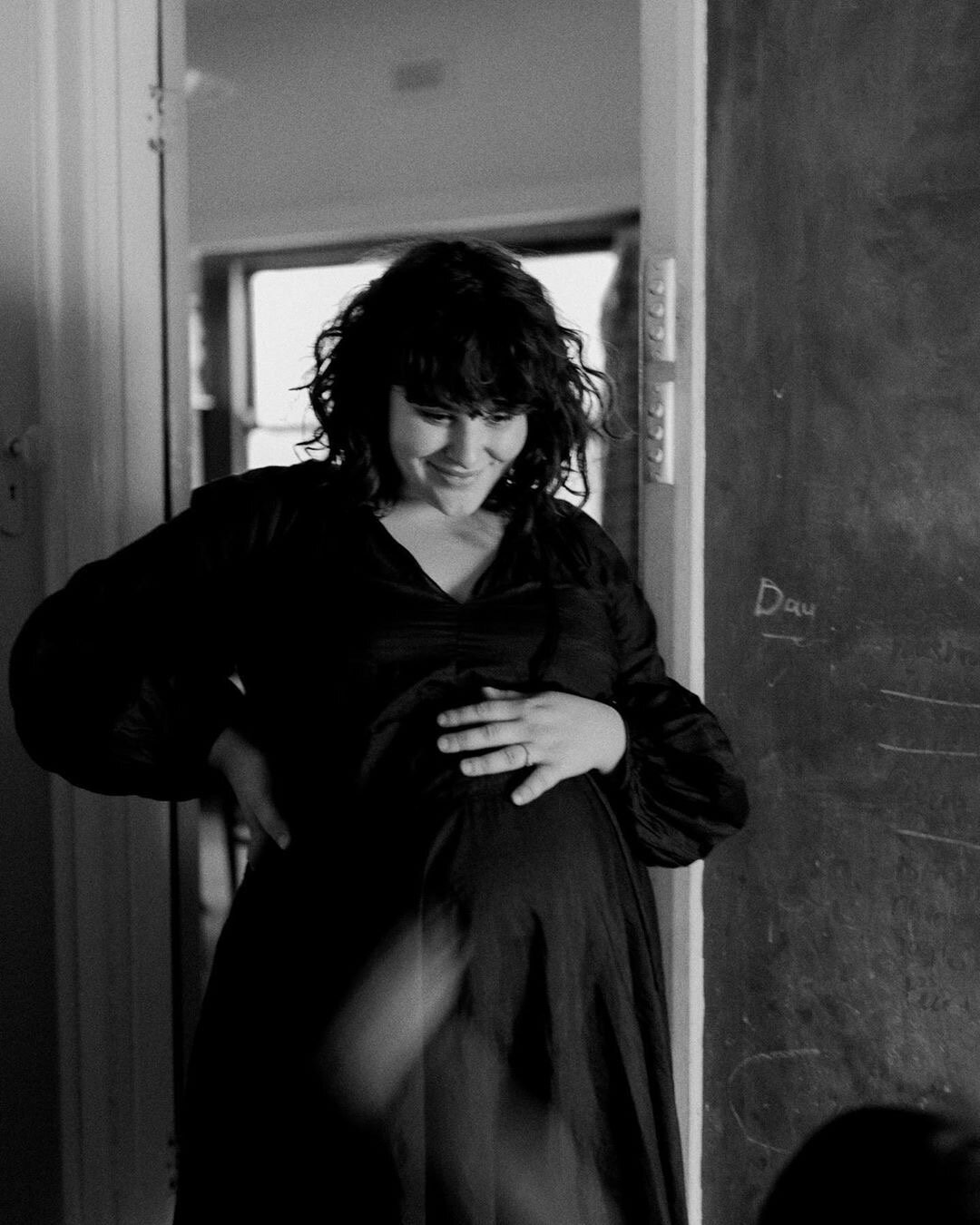
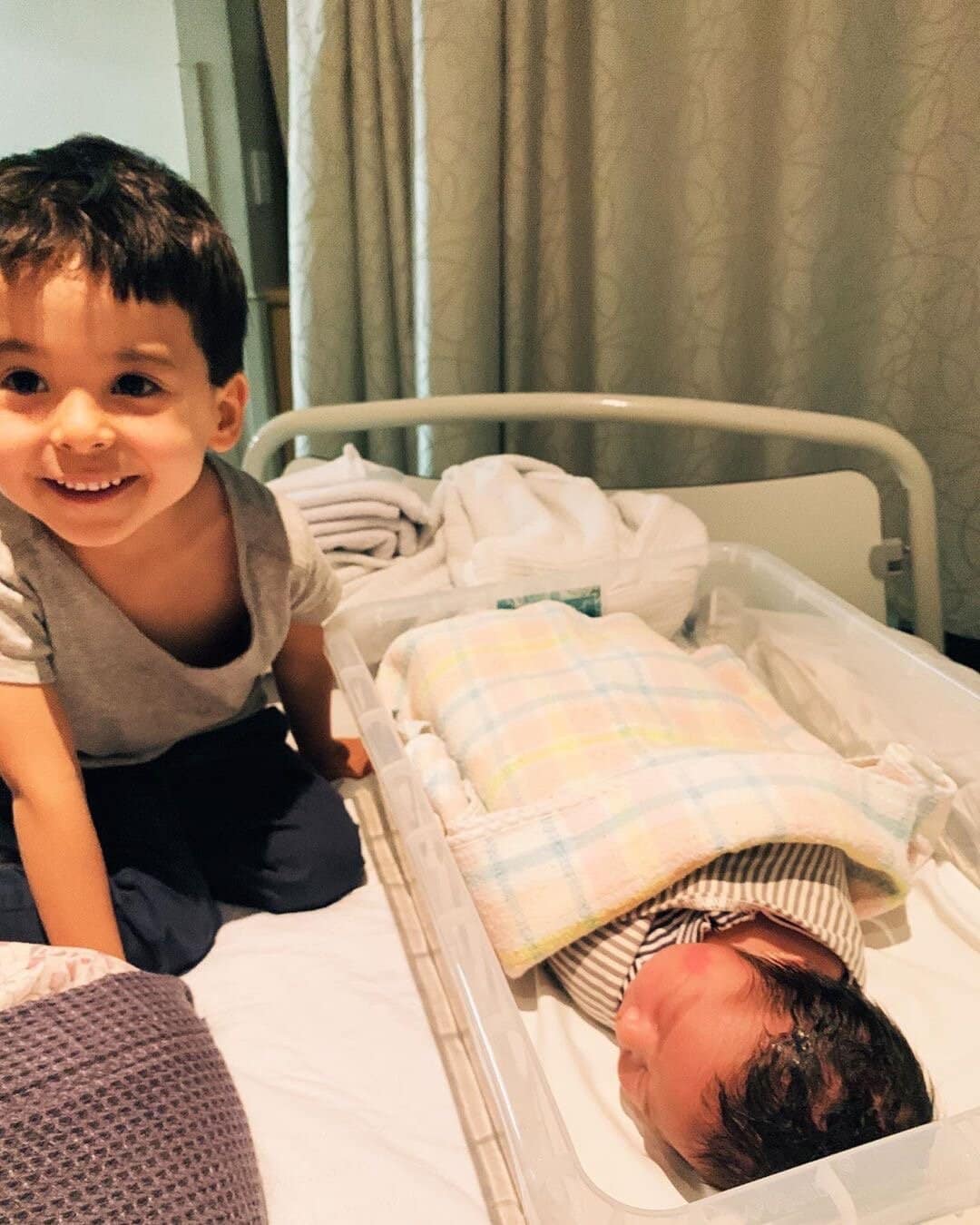

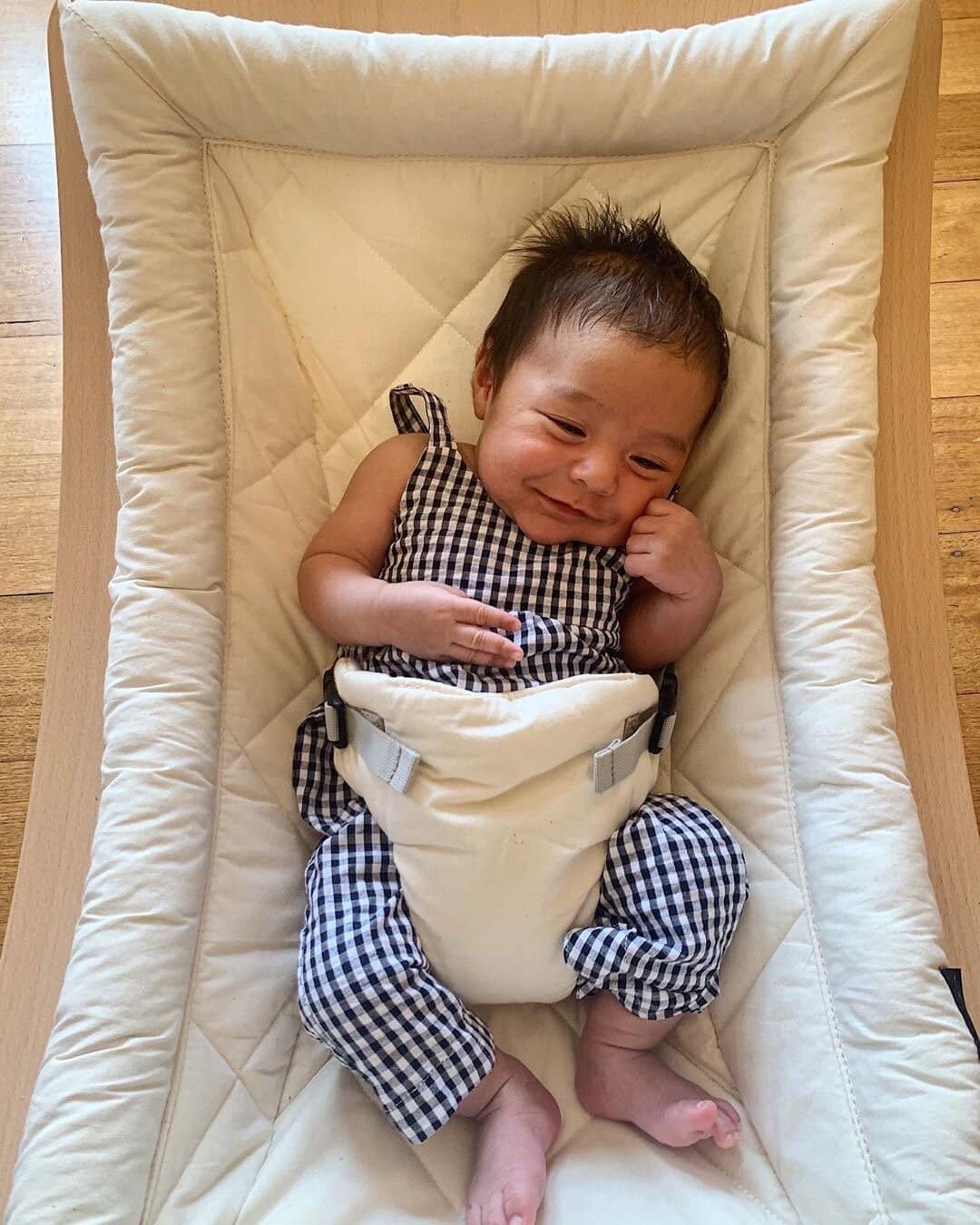
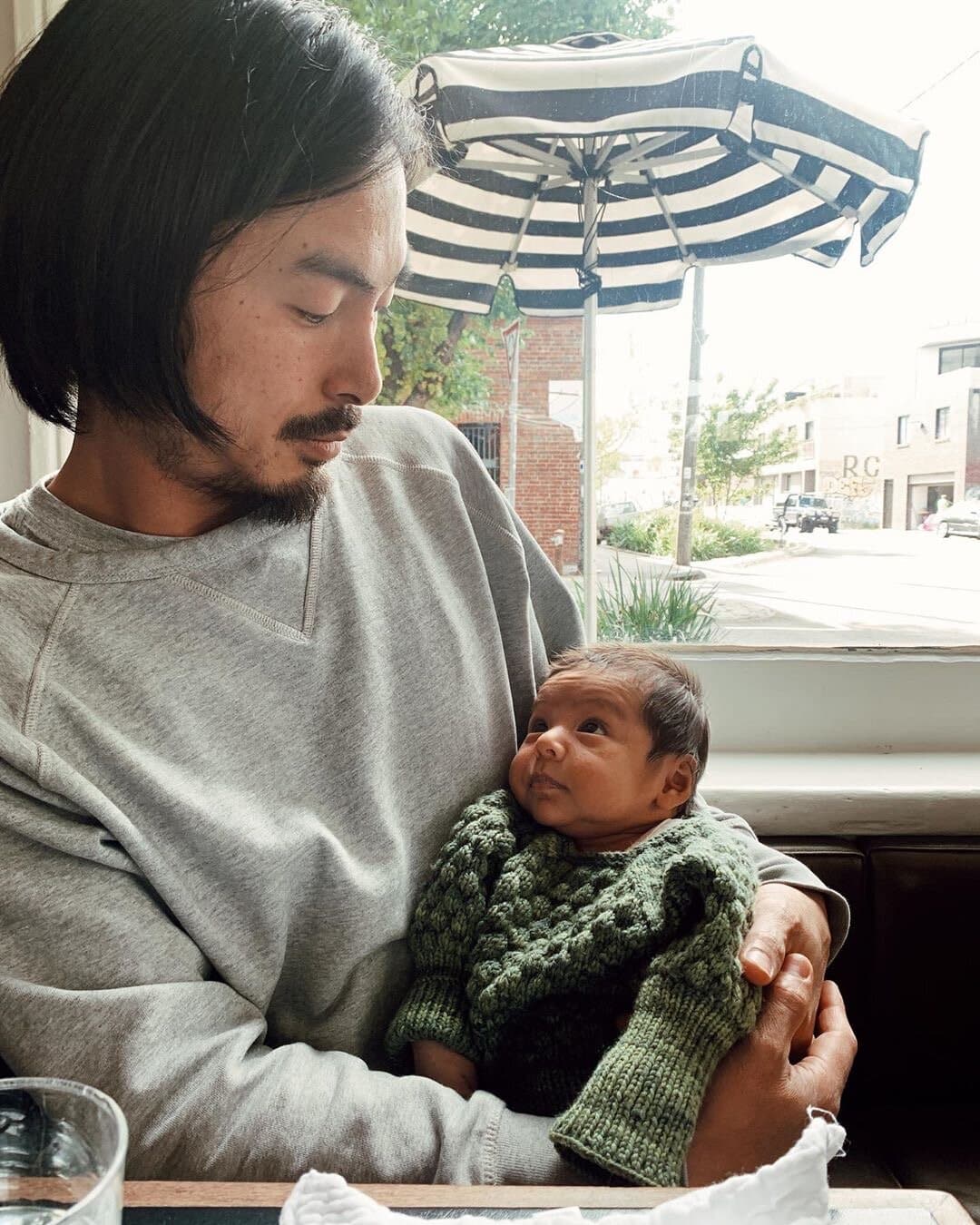
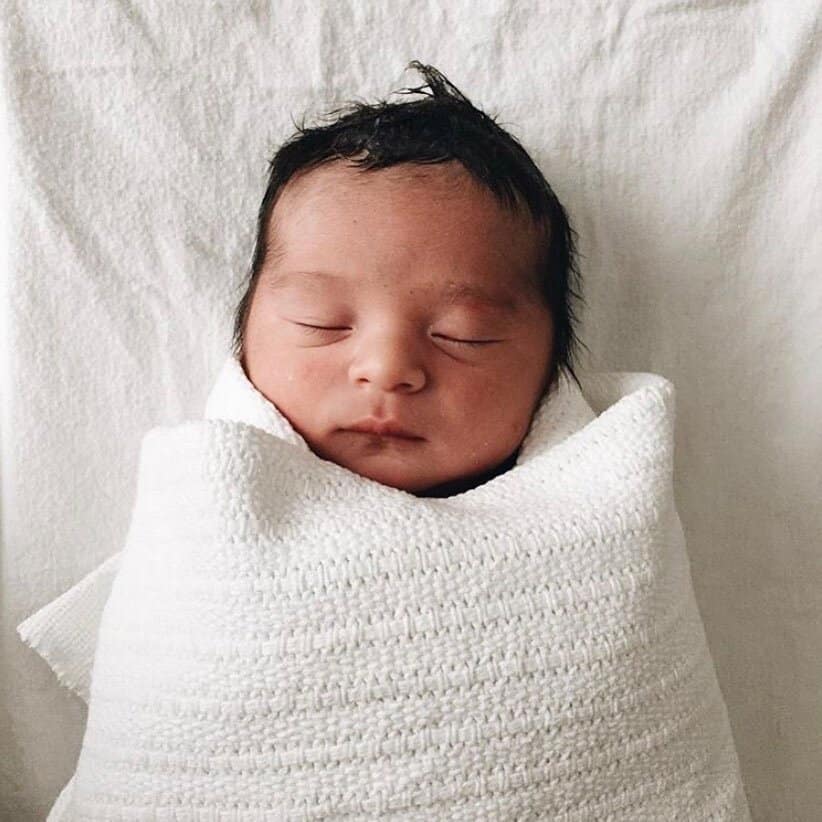
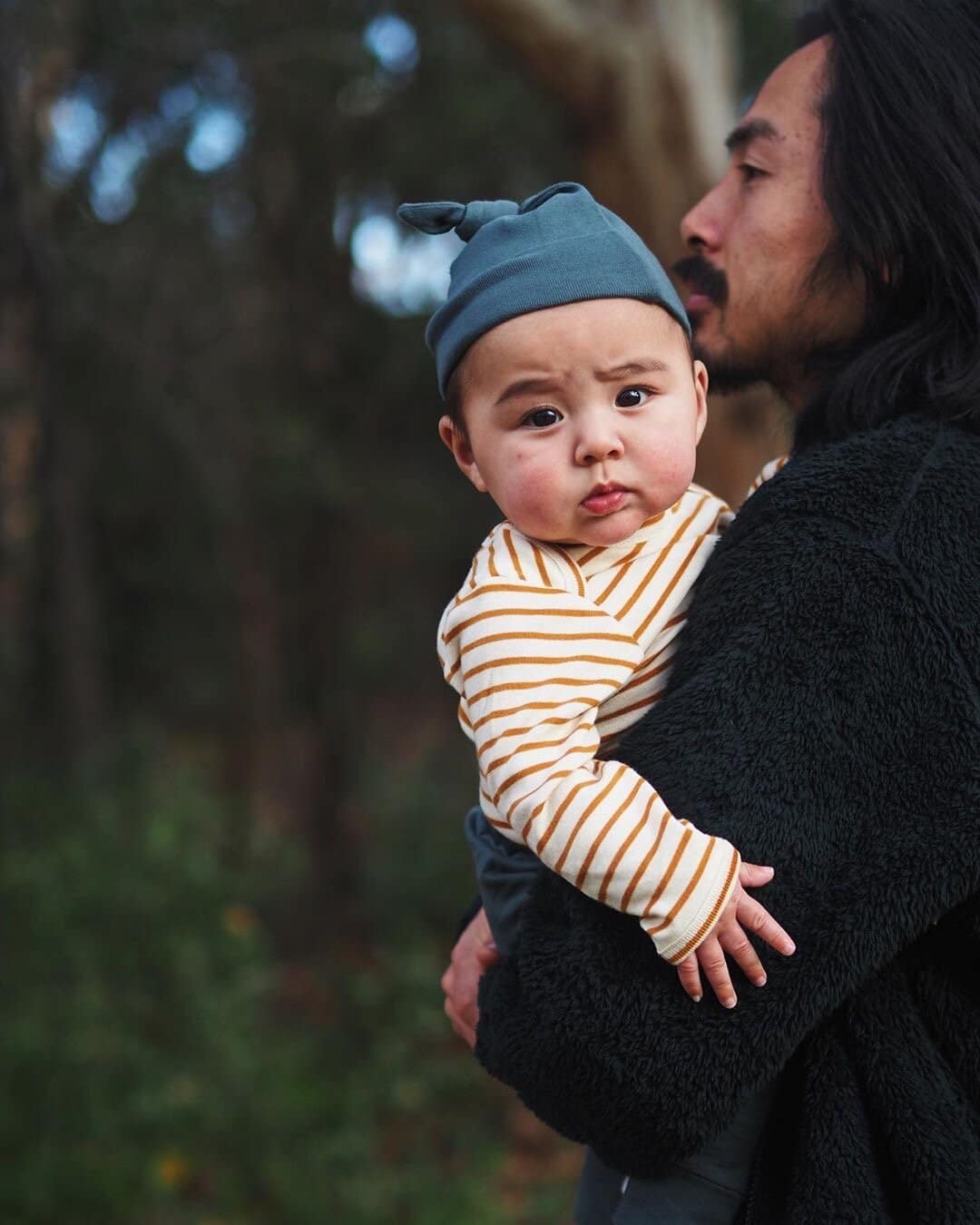

Topics Discussed
Forceps, Group B strep, Induction, Low supply, Posterior, Postpartum anxiety, Private midwife
Connect
Julia’s new book, A Year of Simple Family Food, is out on August 25. It’s a beautiful book full of simple, seasonal recipes to enjoy with family and friends. I love her take on cooking and she always manages to create fresh and vibrant recipes that are delicious and authentic. You can follow her on instagram – @juliaostro
Episode Sponsor
Today’s episode is brought to you buy Warren Hill. Warren Hill make French linen play mats in neutral tones that look beautiful in your home. Made from French flax linen with luxurious padding, they’re stone washed to give them a worn, comfy feel from the first time your little one uses it. Warren Hill are committed to minimising environmental impact with 10 trees planted for every play mat sold. Their play mats are high quality, crafted to last, and come packaged in a linen dust bag and posted in compostable post bags, so there is zero waste delivered to your door.
Categories
Related Products
-
Birth Meditations
$49.00Narrated by Sophie Walker, these soothing and informative meditations help you feel supported and confident around birth.
Join the conversation
Sign up to get the latest updates, freebies, podcast releases straight into your inbox
@AustralianBirthStories
Follow along with us
@AustralianBirthStories
Follow along with us
@AustralianBirthStories
Follow along with us
@AustralianBirthStories
Follow along with us
@AustralianBirthStories
Follow along with us
@AustralianBirthStories
Follow along with us
@AustralianBirthStories
Follow along with us
@AustralianBirthStories
Follow along with us
@AustralianBirthStories
Follow along with us
@AustralianBirthStories
Follow along with us
@AustralianBirthStories
Follow along with us
@AustralianBirthStories
Follow along with us
